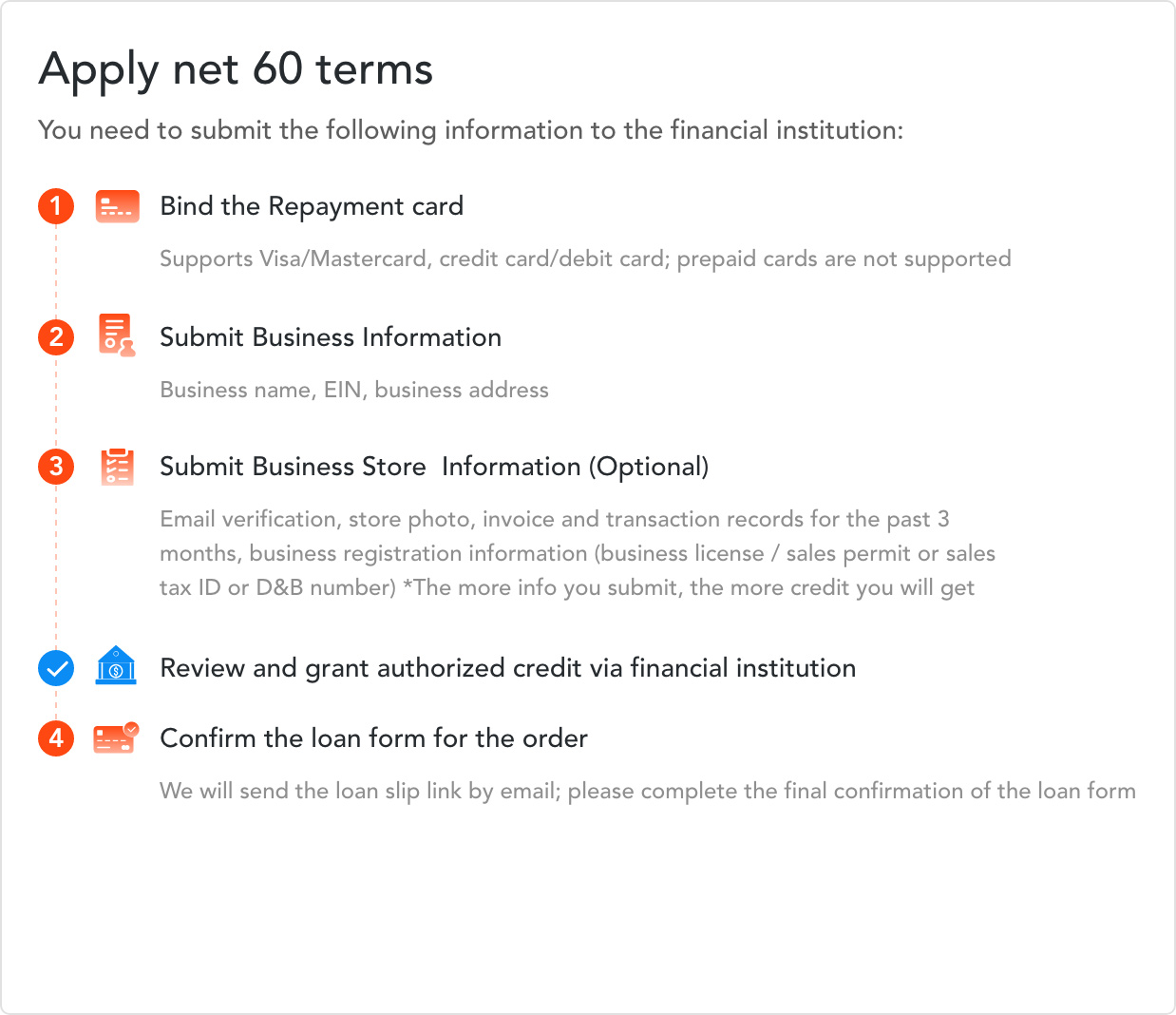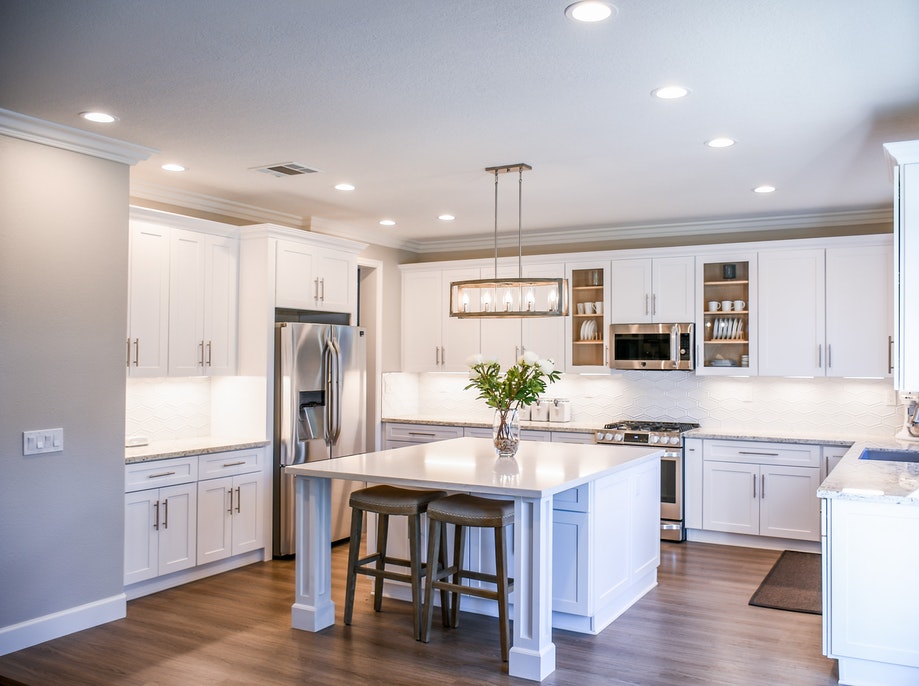
It’s been famously said that small business is the backbone of our economy. Independent retail stores have become more popular in recent years, as communities invest in a local presence that keeps their area thriving. Opening a retail store is a dream of many people, but most stop at dreaming because they are overwhelmed. It can be difficult to know where to start and how to navigate making the dream a reality.
No matter what you plan to sell in your store, there are certain steps that will be necessary: finding space, choosing wholesale or private label suppliers, securing financing, etc. Here we are breaking down how to open your own retail store.
Figure Out Financing
Financing your new shop is a critical step. You can self-fund, get outside investors, or obtain a small business loan. If you choose to take a loan, consider the total payback amount of the loan including interest. If you get investors, you may be beholden to their feedback. The best financing for you will depend on your unique needs and situation, but the important thing is to be educated on your options. Take time to perform in-depth research.
Create a Business Plan
Your business plan is the foundation of your store’s success. How will you build, manage, and grow your business? A robust business plan includes:
- An executive summary
- A company description
- Product descriptions
- Market research
- A financial plan
- Information on the company structure
This is where you’ll include details about how your company runs, who your competitors are, and financial goals such as breaking even and becoming profitable. Have a detailed outline of which products you’ll sell in your store and how you plan to manage inventory. You’ll want to purchase items wholesale - do you have a curated marketplace in mind to do that? Newlabel allows retailers to shop stock and private label products from over 15,000 reputable factories.
Negotiate and Sign a Lease for Space
Start the process of looking for space early. Real estate transactions can often take longer than expected. Find the space that you think is perfect and plan to negotiate on your offer. Consider where your audience lives and shops, and where existing competitors are already.
When choosing the space, think about what your budget will realistically allow. How much space do you really need? Commercial leases can get complicated, so always pay attention to the details of the lease, which costs or fees are included, and even the landlord's professional reputation. You might want to use a tool like LoopNet, a commercial real estate marketplace, or consult with a real estate professional who knows your area well.
Connect with Community
You can get a lot of advice from people who have done what you’re doing. What local shops are already in your area? Make a point to pick the brains of the shop owners. Take a close look at the other stores' space, products, marketing, and interaction with the community to get ideas. Is there a small business community in your city? If so, join that group and participate in events. Network, explore partnerships, and build brand awareness with other business owners.
Another smart tactic is getting involved with your local chamber of commerce. Chambers act as a business network within a community. A membership could lead to networking opportunities as well as chances to be featured in newsletters, blogs, or other locally-focused content. Furthermore, a membership proves credibility to your customers. Just go to the location of your chamber and ask for information about how to join.
Obtain Proper Licensing
It’s important to cover all of your bases legally with any new store. Start by registering your business with the necessary organizations and obtaining a business license and permit. The requirements will vary by state, but you should expect to register your business with your state and apply for a federal tax ID (the most common form is an Employer Identification Number or EIN). An EIN is akin to a social security number that’s unique to your business. It’s necessary for paying your federal and state taxes. Some states require a reseller ID if you plan to order wholesale products as well. Checking with your state agency on necessary documentation is a good place to start.
Open a Business Bank Account
After you obtain your business license and EIN, you can open a bank account that’s specific to your store. Having a dedicated business account will help you to manage all of the day-to-day financial elements of your venture. You’ll need to keep a close eye on everything from tracking expenses to reporting on credit card transactions. That’s easier to do in a single place.
We suggest starting with some comparative research, as institutions and what they offer differ greatly. Review interest rates, minimum balance requirements, transactions per month and transaction fees, introductory offers, and other perks. Generally, you want the most amount of benefits at the lowest cost to you.
Consider Necessary Store Renovations
Once you have a space for your store, you can really make your vision come to life. As you walk through your retail location, assess what changes need to be made. Where will the register sit? What display areas will you have? Are there clear paths for customers to walk? Make a list of everything you’ll need to purchase to make the store fully functional. Consider upgrades like flooring, lighting, and new fixtures. Don’t forget about shelves, cabinets, a counter for the register, etc.
Plan Inventory
This is the fun part! Your inventory is the true value of your store, and a carefully curated collection of products will build a customer base. When planning for inventory, remember that you’ll likely spend the most money within the first 3 months in business. After you narrow down your product categories, decide how many of each to buy. Space and storage should be considerations for this, as well as anticipated demand.
If you’re not sure where to start, a wholesale and private label marketplace can offer unique benefits. For example, Newlabel offers net 60 terms with no fees, the ability to test samples before purchase, and free shipping on bulk orders. All of these advantages can reduce a wholesale purchaser’s initial costs and offer peace of mind. Additionally, Newlabel works directly with factories, which results in the lowest possible prices for sellers.
Set up a POS System
A Point of Sale system is necessary for tracking sales and managing inventory, and it’s essential for a retail business. There are lots of good options available; do your research to see what’s best for you.
Set up an Online Store
An online store means your business can be open all the time. With a small amount of effort, you can significantly widen your audience and get new revenue streams. There are a lot of POS systems like Shopify that support setting up your own store pretty easily. You can upload your inventory, customize web pages, and add contact information. Another benefit of an online store is that you can expand your inventory. If certain products are more popular in your store, you can order additional wholesale inventory. You can also create branded private label items that are online exclusives. You might also try reviewing wholesale best-sellers and seeing if you want to add any to your shop, even if they’re not in your physical store.
Purchase Inventory
Once you feel confident about your inventory plan, it’s time to buy. Make sure you’re purchasing in time for your grand opening event. It’s typically safe to plan for a month or so in advance. Talk to your wholesale vendors and get an understanding of their timelines. One of the simplest ways to go about obtaining wholesale or private label products is to go through a single platform. You can buy high quality products from thousands of verified wholesale vendors in one place with Newlabel.
Develop a Social Media Presence
Marketing on social media is one of your biggest jobs now. Being active on social platforms is how you build awareness about your shop, attract new customers, and get more involved with the community. It’s also incredibly common for people to visit social media pages before deciding whether or not they want to visit a business. Instagram and Facebook are the most critical for retail businesses, but choose from any social platforms - as long as you can be active and engaged. Don’t forget to create an account with Google My Business to make your store discoverable online.
Plan a Grand Opening
Part of your marketing plan should include a grand opening event. This can simply be the first day your business is actually open to the public, or it can be a special date you’ve set aside. A well publicized, dedicated event can help you to establish relationships early on. If you want to try a test run, you can plan a special friends and family event or “soft opening” before the big day. Then, promote the event on social media channels and through the local channels you’ve cultivated.
Creating a retail store is not a small feat, but it is a worthwhile one. Make sure to cover all of your bases, choose some great products, and promote appropriately. If you’re not sure where to start in obtaining wholesale or private label products, reach out to our experts. We have a support staff that can offer valuable advice on all aspects of the retail process.





